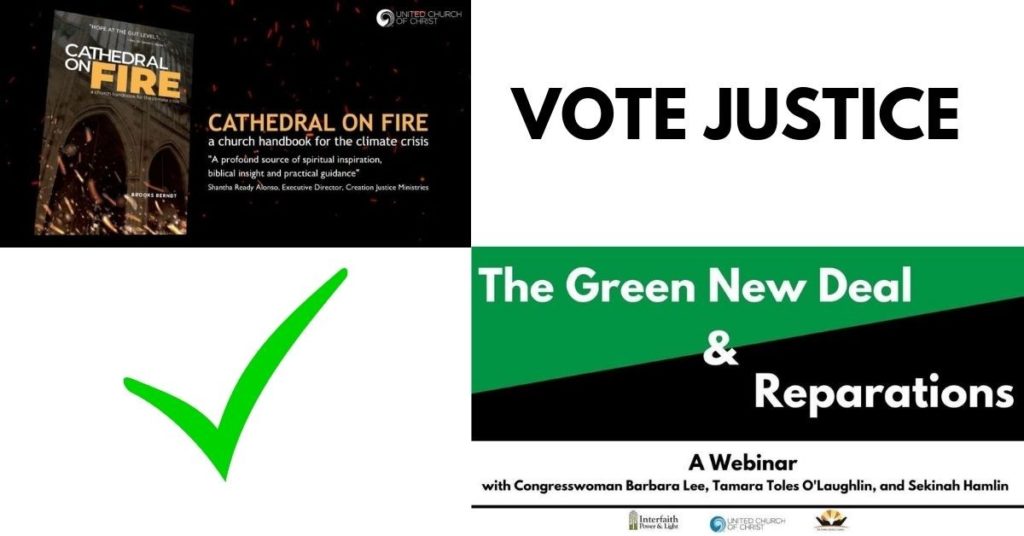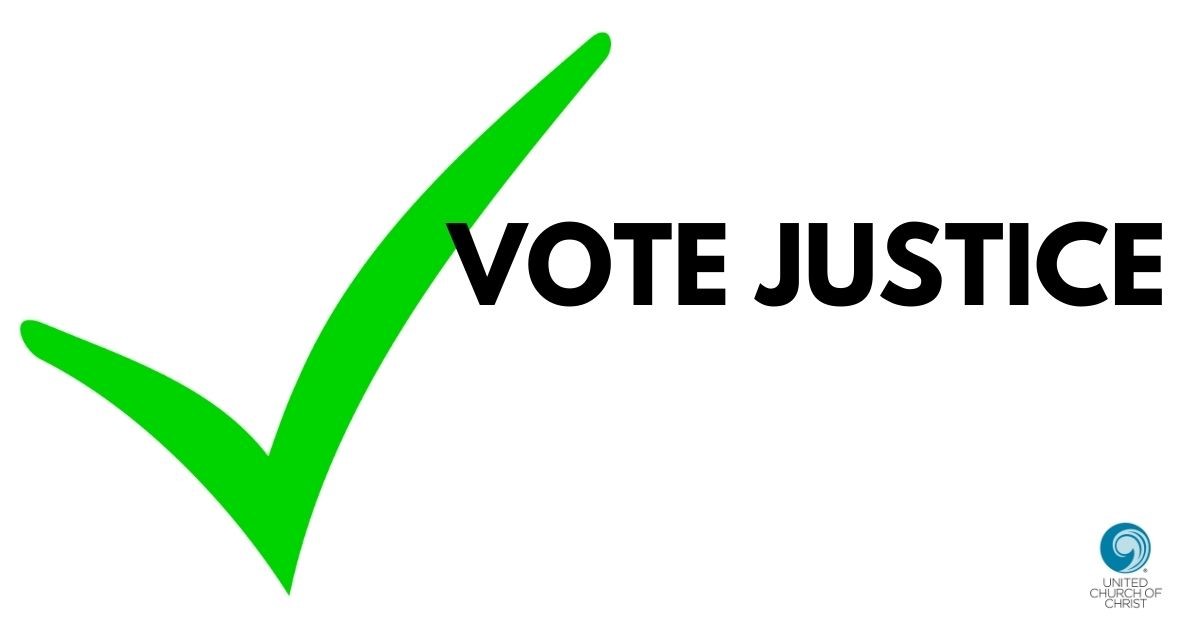Report lends new urgency to religious climate-justice work
A scientific report released this week provides more evidence that human activity is seriously threatening God’s creation, said the United Church of Christ’s national minister for environmental justice.
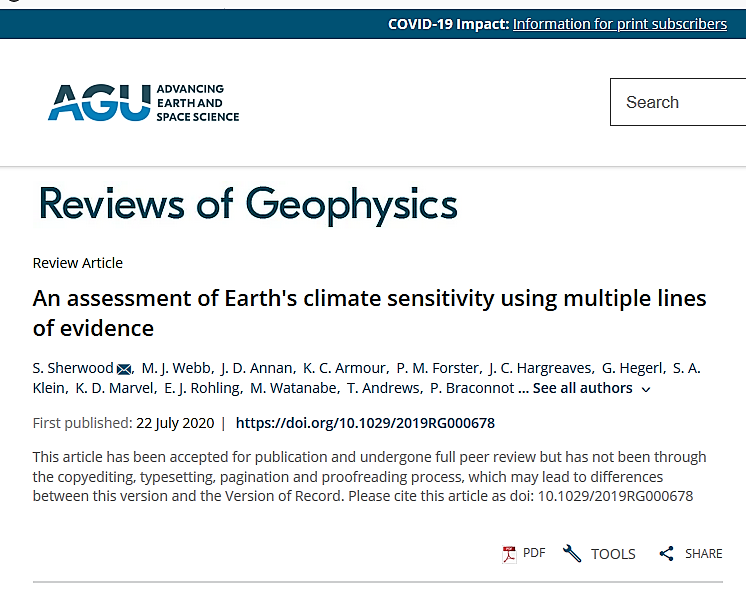 Results of an international climate study issued July 22 show that carbon emissions caused by humans – if continued at their current pace – are likely to cause global warming at the high end of previous estimates. Unless steep emissions cuts are made soon, severe and irreversible damage to Earth is likely, the study said.
Results of an international climate study issued July 22 show that carbon emissions caused by humans – if continued at their current pace – are likely to cause global warming at the high end of previous estimates. Unless steep emissions cuts are made soon, severe and irreversible damage to Earth is likely, the study said.
The findings appear in an article in “Reviews of Geophysics,” a journal of the American Geophysical Union.
“Whenever a new climate report is released, it is like a report card on how we are doing when it comes to caring for God’s creation,” said the Rev. Brooks Berndt, who leads the UCC’s Environmental Ministries. “For a long time, we have been getting a collective F.”
“The problem is that we can’t simply quit school, because our school is literally on fire, and our only way out is to become A-students on the honor roll. A whole curriculum has been designed to help churches excel as caretakers of Creation.”
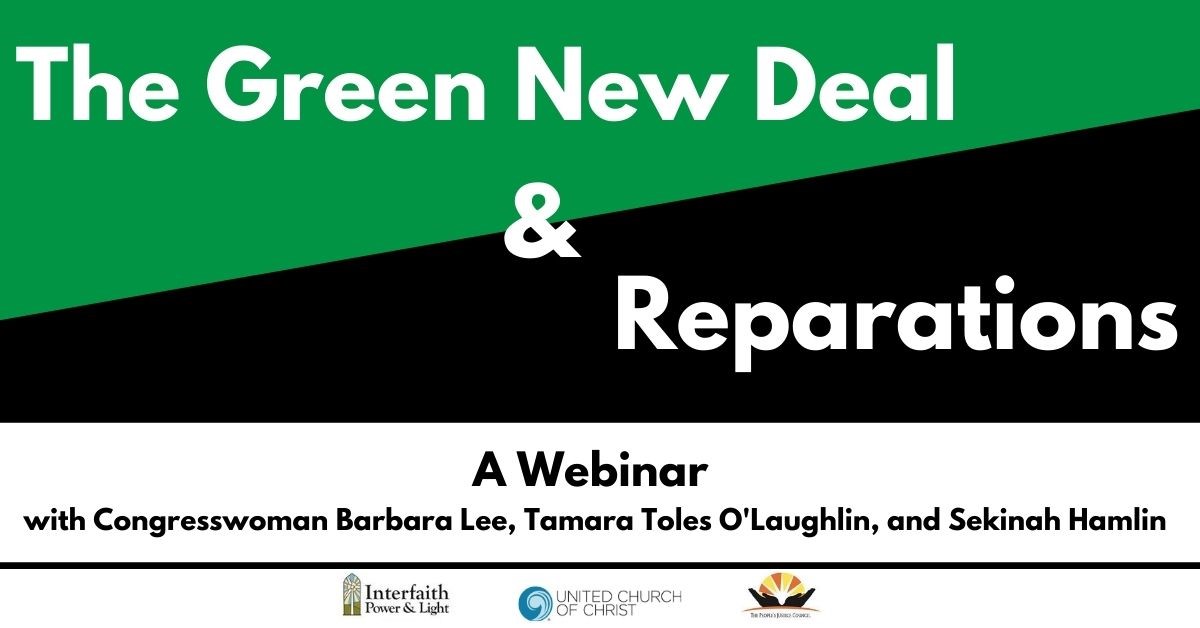 He said churches and members wanting to study and fight climate change have several upcoming and ongoing opportunities. Among them:
He said churches and members wanting to study and fight climate change have several upcoming and ongoing opportunities. Among them:
- Aug. 5 UCC climate webinar. This 1 p.m. EDT Wednesday webinar, free and open to the public, will discuss the Green New Deal and reparations. Featured panelists will include U.S. Rep. Barbara Lee, Tamara Toles O’Laughlin of 350.org, and the Rev. Sekinah Hamlin, UCC minister of economic justice. Berndt and the Rev. Michael Malcom, a UCC minister who heads Alabama Interfaith Power & Light, will host. Registration is available here.
- Climate and the elections. A new “Vote Justice” web page created by the UCC Council for Climate Justice offers links to a Creation Care Voter Pledge, a guide called Democracy, Values & the 2020 Election and ideas about how to use these and other nonpartisan resources in congregations.
- 10-year action window. The UCC’s Kairos Call to Action web page describes “10 ways churches can mobilize” for climate action to take advantage of a “10-year window of opportunity.”
- Study and discussion resources. “Cathedral on Fire: A Church Handbook for the Climate Crisis” focuses on “the unique and vitally needed gifts that churches can offer.” Resources and calls to action are also regularly updated at the UCC environmental justice blog, “The Pollinator.”
Berndt said there are plenty of connections between urgent climate issues and the current twin crises of the COVID-19 pandemic and racism. These are discussed, for example, in a July 20 statement on the U.S. food system from the Food Justice Affinity Group of the UCC Council for Climate Justice.
“The pandemic has starkly exposed the vulnerability and unsustainability of our present-day food system, dependent on industrial-scale agriculture and supply chains that span the entire continent,” the statement says in part. “The pandemic has also exposed the structural inequalities and inherent racism in the food system, including the precariousness of food workers’ livelihoods of low wages and savings, poor housing, and little or no healthcare provisions.”
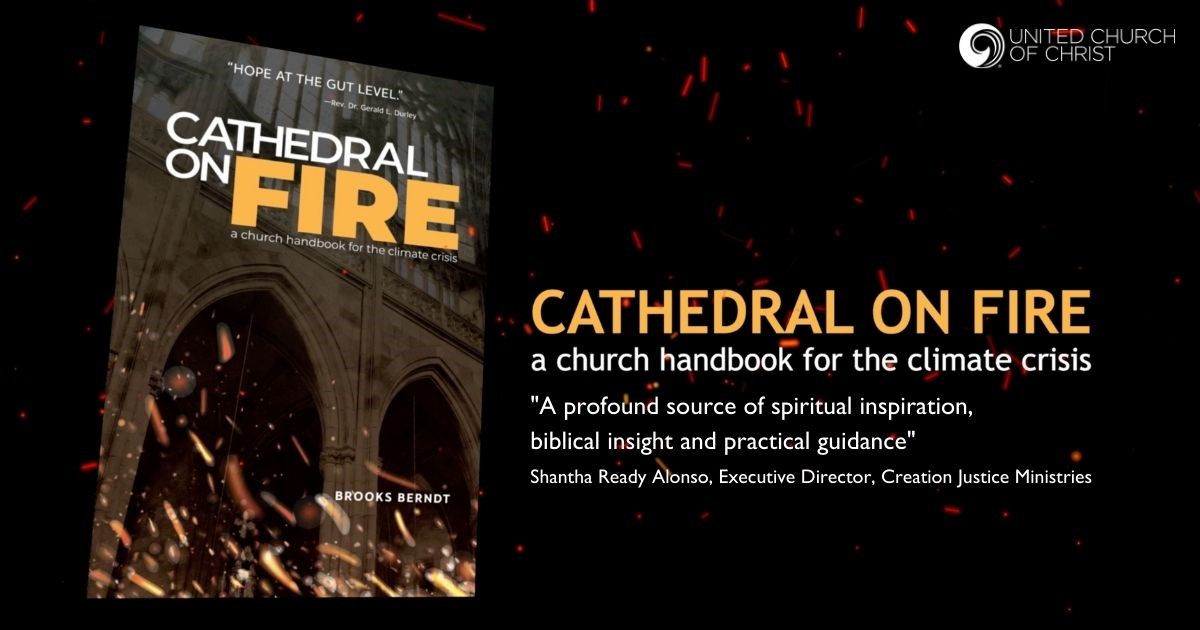 This “intersectional” approach is important when responding to scientific reports like the one just published, Berndt said. “Sometimes there is a tendency to put different causes and issues in competition with each other,” he said. “I have never found that to be either helpful or an accurate reflection of the crises faced.
This “intersectional” approach is important when responding to scientific reports like the one just published, Berndt said. “Sometimes there is a tendency to put different causes and issues in competition with each other,” he said. “I have never found that to be either helpful or an accurate reflection of the crises faced.
“For example, we know that COVID-19 has a devastating impact on people suffering from air pollution. If anything, the pandemic should be generating all the more motivation to attack pollution.
“Likewise, for decades, we have known the centrality of race when it comes to environmental devastation, but that fact has never been fully absorbed and acted upon. The Black Lives Matter Movement has now created the possibility for a far greater level of awareness and action. Standing Rock and the Black Lives Matter Movement are the two best things that have ever happened to the climate movement. To say that the climate movement is suffering because the racial justice movement is getting attention is a nonsensical framework.”
Related News
A Prophetic Call for Justice and Peace in Palestine
The executive leaders of the United Church of Christ have issued the following statement...
Read More‘Love is Greater Than Fear’: Regional Youth Events get to the heart of gospel message
United Church of Christ teens attending this summer’s Regional Youth Events (RYE) are...
Read MoreUCC desk calendars available to order now
Prepare for your day, month and year with the United Church of Christ desk calendar —...
Read More